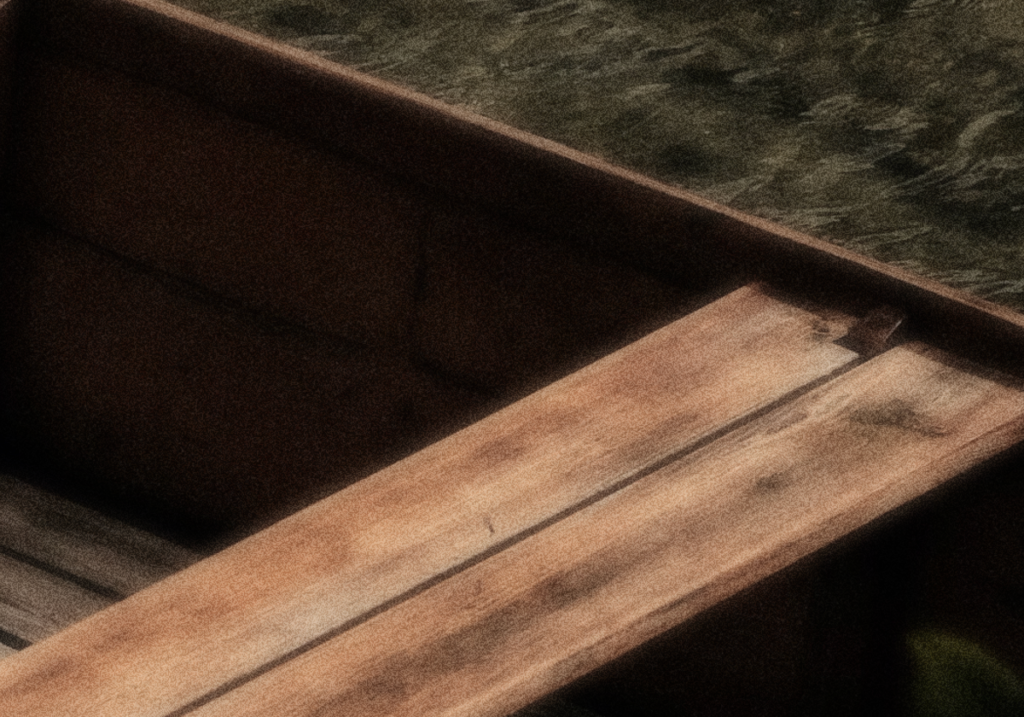Play
Pause
00:00
Hello Field not found.!
Tap right to proceed
Tap right to proceed
Tap right to proceed
Tap right to proceed

Setting goals is an important part of staying motivated, focused, and excited about the future. Having goals, and feeling consistent progress toward those goals, is part of walking a positive path.
Some goals are linear, with easily measured steps to check off along the way. If my goal is to knit five blankets this year, or to go to the gym twice each week for six months, or to make a homemade dinner every Sunday, I can make a plan that will get me there. I will create a list of supplies to purchase, I’ll set aside time in my calendar, and I will feel gratified by my progress each time I cast off my knitting, shower after a workout, or sit down to a tasty dinner.
But not all goals are quite so clean (and, lest anyone be feeling guilty about struggling with a goal, not all “clean” goals are easy!).
For the bigger, messier, less tangible goals of life, I love the idea of “lighthouse planning.” In this technique, which is often used by life coaches and entrepreneurs, we reach a goal by imagining it as a lighthouse in the distance. It is dark as we get in our boats—we don’t know exactly how we are going to get to that luminous destination. But our lighthouse never stops flashing along the horizon, it never is entirely out of sight. So, we climb aboard, and we start rowing in the direction of the light.
Identify Your Lighthouse
A lighthouse-like goal is something broader than a specific project. Instead of aiming to make a particular craft, for example, you might set your goal as, “I want to be more creative.” Identifying your lighthouse is a way to launch your journey with purpose. From there, you can take your time navigating the waters between you and your destination.
Redirect When Necessary
The good news about a journey toward a lighthouse is that there are myriad ways to get there. Remember, in this metaphor, you’re on the water, not constrained by roads on a map. If you look around and realize that your lighthouse is getting farther away rather than closer, re-set, re-direct and re-launch. You can embrace the idea that even the “wrong way” is part of the experience of pursuing your goal.
Don’t Tire Yourself Out
If you’ve ever rowed a boat, you know that there are many variables involved. A headwind, a shifting tide or a passing storm can make the waters harder to traverse. Feeling tired, distracted or upset can drain the power from your arms and shoulders. Try to take each stroke of your paddle as it comes. Make small strokes. Take your time. Focus on getting to the next spot on the horizon, not on powering through all the way to the end. A moderate pace will leave you feeling accomplished during the journey, not only at your destination.
What is your lighthouse? What can you do today to draw yourself closer to it?

Tap right to proceed
Tap right to proceed
Tap right to proceed
Using “lighthouse planning” to keep myself on track
Making a visual representation of my goal to track my progress
Seeking advisers to help me determine next steps
May God’s love encourage and guide your steps today. We’ll see you again soon!
Ground yourself with Devoutly's daily experience
Experience our premium content for free with a 7-day trial. After the trial period, we’ll prompt you to upgrade to continue enjoying Devoutly.
No credit card is required for your 7-day free trial.
We hope you’re enjoying your premium Devoutly trial. To continue enjoying ALL our premium content daily, subscribe before your trial ends.
Oops! Your trial for Devoutly has ended. But don’t worry, you can continue to access all our content daily by subscribing now.